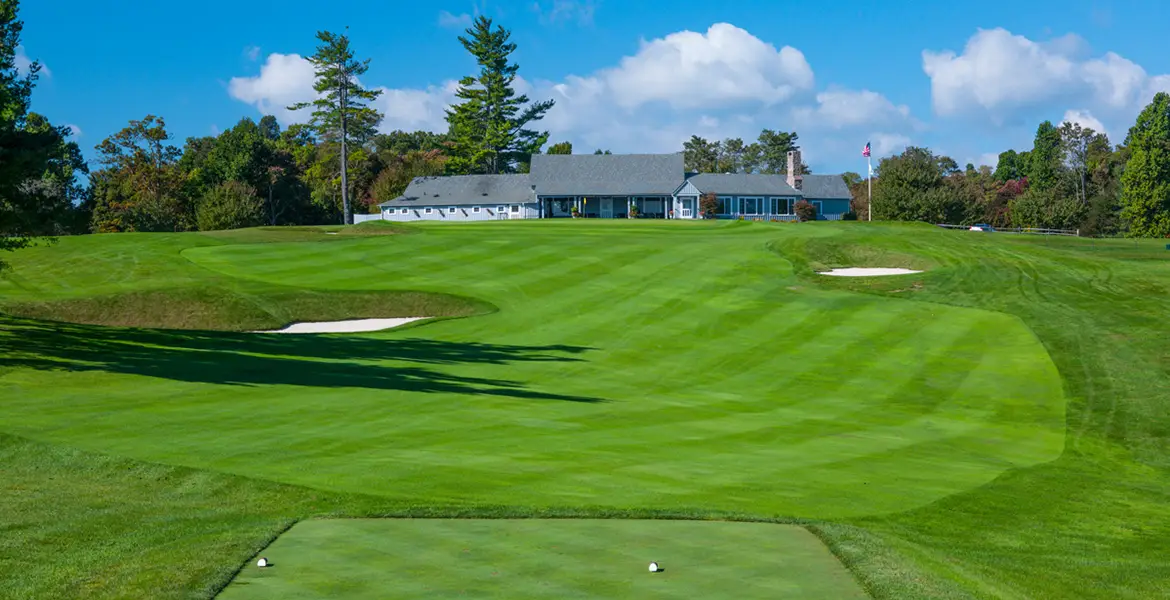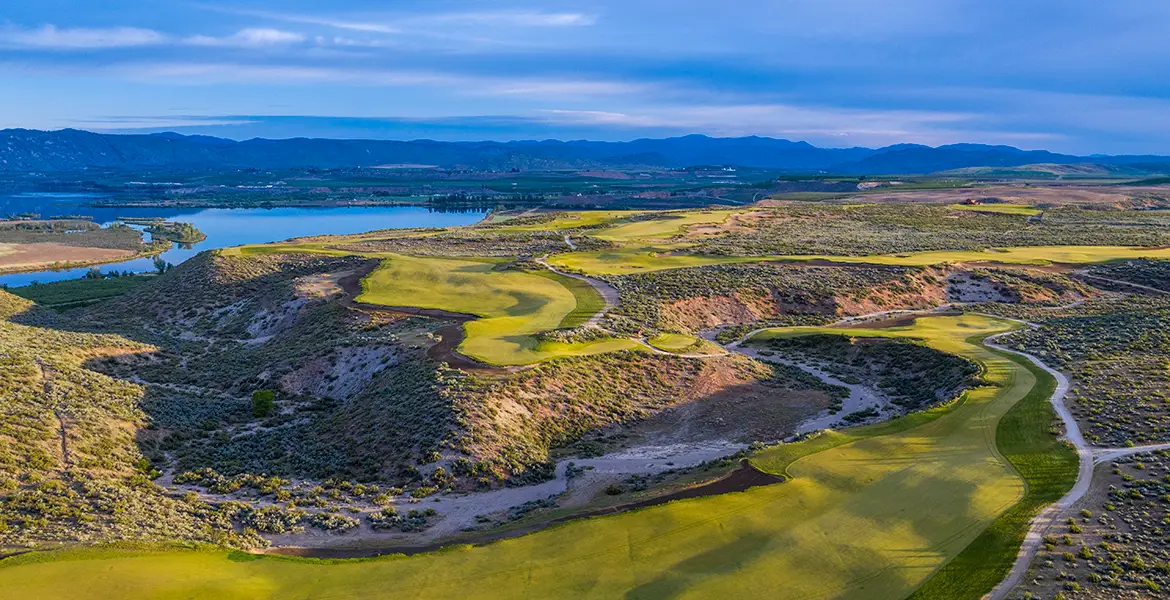The Superintendent Likes To Overwater
If the course is too wet, don’t blame the super and his crew, who know better than anyone that too much water is bad for turf, slows play, and will cause further damage under the feet—and cleats—of golfers. If the culprit isn’t a broken irrigation system, the course topography, or local ordinances, it’s Mother Nature.
The Grounds Crew Has Nothing To Do in the Off-Season
Maintenance has no off-season. When the course is closed, the crew is deep into budgeting, education, fixing equipment, and getting ready for the coming year. The “off” months actually are the most productive of the year for the crew and for the course, which gets a much-deserved chance to heal, rest, and grow.
Greens Are Aerated To Discourage Play
Sorry if you hate aerated greens, but they are necessary to create healthy putting surfaces that can withstand the demands of high-season play. Greens that aren’t periodically aerated become soft, wet, and unhealthy, at which point getting them back into shape for the club championship becomes very expensive.
The Watchword is “Sustainability”
Protecting the environment and good health are important. But if the membership starts objecting to a course that looks brown and plays hard, the superintendent will have no problem over-watering, over-spraying, and over-fertilizing if that’s what it takes to keep his job.
TV Sets The Standard
Lush, green Augusta National or the “firm and fast” Pinehurst No. 2? Neither condition is ideal, and neither is easily achieved. (Nor do those two look like that year-round.) You want something in-between, determined by climate, topography, maintenance budget, number of rounds played… but definitely not television.






